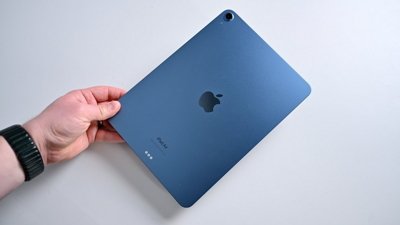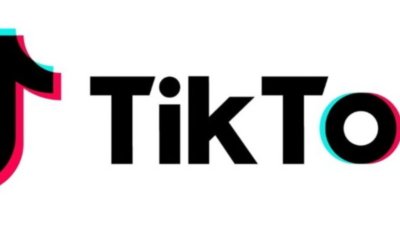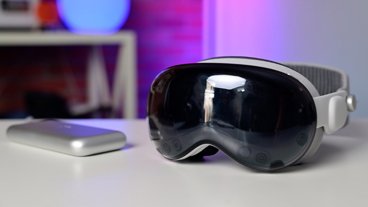Apple's legendary veil of secrecy intact prior to iPad launch
A new report from Reuters Tuesday stated that employee's of Apple's retail stores are "just as curious" about the iPad as the customers who will line up for Saturday's launch.
Employees anonymously told the publication that though they are encouraged to talk to customers about the iPad, they have not seen the device, and never see any Apple products before they are launched. The report noted that even the in-store "Geniuses" do not yet know how to repair the iPad.
It's all part of Apple's strategy of secrecy, one that has reportedly kept a pre-release iPad under padlock and key at the headquarters of The Wall Street Journal, even though the device was formally introduced in January.
The approach is nothing new. According to Reuters, when the iPhone first went on sale in 2007, Apple shipped out decoy pallets to discourage snooping employees. An employee was tasked with watching the palettes to make sure no one touched them, and only the store managers were allowed to see the iPhone before it went on sale. "It was all a bit insane," one employee reportedly said.
Though they don't get an advance peek at Apple products, store employees receive $10 per hour for entry-level work, and those work work at the "Genius Bar" receive over $30 an hour. Employees are also given a 25 percent discount on iPods and Macs, but none for the iPhone. Employees said they do not know whether they will receive a discount for the iPad.
Developers, too, have expressed frustration with Apple's secrecy as they create App Store software for the forthcoming iPad. Developers have had to write for the device without having actually touched one. They'll have to wait like most everyone else for the official launch this Saturday.
Apple's tight-lipped nature was profiled last year by the New York Times, which said the company's veil of secrecy began to take shape around the release of the original Macintosh back in 1984.
One employee said that employees working on secret projects at Apple must "pass through a maze of security doors, swiping their badges again and again and finally entering a numeric code to reach their offices." Once inside the top-secret areas, employees are often monitored by surveillance cameras as they work. Those working with the most sensitive projects are allegedly instructed to "cover up devices with black cloaks when they are working on them, and turn on a red warning light when devices are unmasked so that everyone knows to be extra-careful."
But Apple also sometimes leaks information to its advantage, as one former marketing manager explained earlier this year.
 AppleInsider Staff
AppleInsider Staff










 Andrew Orr
Andrew Orr
 William Gallagher
William Gallagher
 Marko Zivkovic
Marko Zivkovic
 Amber Neely
Amber Neely
 Christine McKee
Christine McKee
 Malcolm Owen
Malcolm Owen
 Mike Wuerthele and Malcolm Owen
Mike Wuerthele and Malcolm Owen








